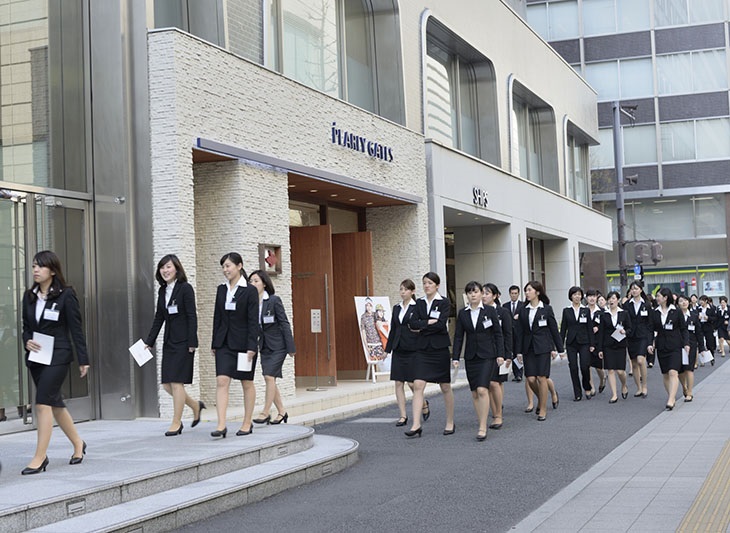Women Lead Way in Disaster Risk Reduction in Vulnerable Asia-Pacific

Disaster management and gender agencies from APEC member economies are seeking council from women who have helped to drive reconstruction following the Great East Japan Earthquake and Tsunami, and other catastrophes to strike the Pacific Rim to strengthen emergency preparedness and foster more secure, inclusive growth in the world’s most natural disaster-affected region.
Women entrepreneurs, civil society groups and disaster management and gender equality officials assembled in Sendai on the occasion of the fourth anniversary of the earthquake and tsunami which impacted the area for an APEC meeting to boost women’s entrepreneurship as a mechanism for recovery after a disaster. They pinpointed impediments and set the stage for greater support for women-led businesses and relief efforts based on proven good practices in local communities during reconstruction.
Collectively, Japan and the 20 other APEC member economies are home to about three billion people, are hit by over 70 per cent of all natural disasters worldwide and suffered USD 68 billion annually in related costs from 2003 to 2013. The toll can be particularly severe for women, including homemakers and part-time workers, who may face financial distress after the loss of a partner or loved ones in a disaster, compounded by potential single parent situations, homelessness and even complete geographic dislocation.
“Empowering women to mitigate disaster risk is critical,” said Emmeline Verzosa, Chair of the APEC Policy Partnership on Women and the Economy. “As we have seen after disasters around the Asia-Pacific region, an environment that widens the door of opportunity for women in economies and advances women’s entrepreneurship and role as agents of change is really what is needed to get at the root of the exposure problem,” explained Verzosa, who also serves as Executive Director of the Philippine Commission on Women.
Paths to deepening support for women’s entrepreneurship as part of disaster relief and reconstruction were mapped out, incorporating lessons from successful case studies. Examples include women in tsunami-hit Fukushima who converted abandoned farmland into cotton fields to produce value-added dolls and clothing as well as women affected by Super Typhoon Haiyan in the Philippines who created a woven mat and embroidery business that today exports globally.
Focus is on strengthening women-oriented services and support networks, training and skills development, funding channels and local ownership, and strategic partnerships with governments, relief organizations and civil society. To provide added support for women-led enterprises, emphasis is also on improving management skills, including human resources management, product and service innovation, access to cross-border markets and profit growth.
“When businesses and employment keep afloat in an emergency, it opens channels of support for affected people when they are needed most and makes a huge difference in rebuilding communities and lives,” noted Kiyoshi Natori, Co-Chair of the APEC Emergency Preparedness Working Group. “The increasing development and interdependence of economies in the Asia-Pacific raises the stakes and is prompting greater coordinated action to prevent disaster shocks.”
The approach builds on measures being advanced by APEC members to improve financing access and education for micro, small and medium enterprises and the adoption of a multi-year grassroots training initiative to enhance business continuity planning within the sector—initiated by collaboration between APEC disaster management officials and private sector leaders.
Implementation issues will be on the table during the next meeting of the APEC Policy Partnership on Women and the Economy on 3-5 May in Port Moresby, Papua New Guinea.
# # #
For further details, or to arrange possible media interviews with APEC officials, please contact:
David Hendrickson +65 9137 3886 at [email protected]
Michael Chapnick +65 9647 4847 at [email protected]
More on APEC meetings, events, projects and publications can be found on www.apec.org. You can also follow APEC on Twitter and join us on Facebook and LinkedIn.

